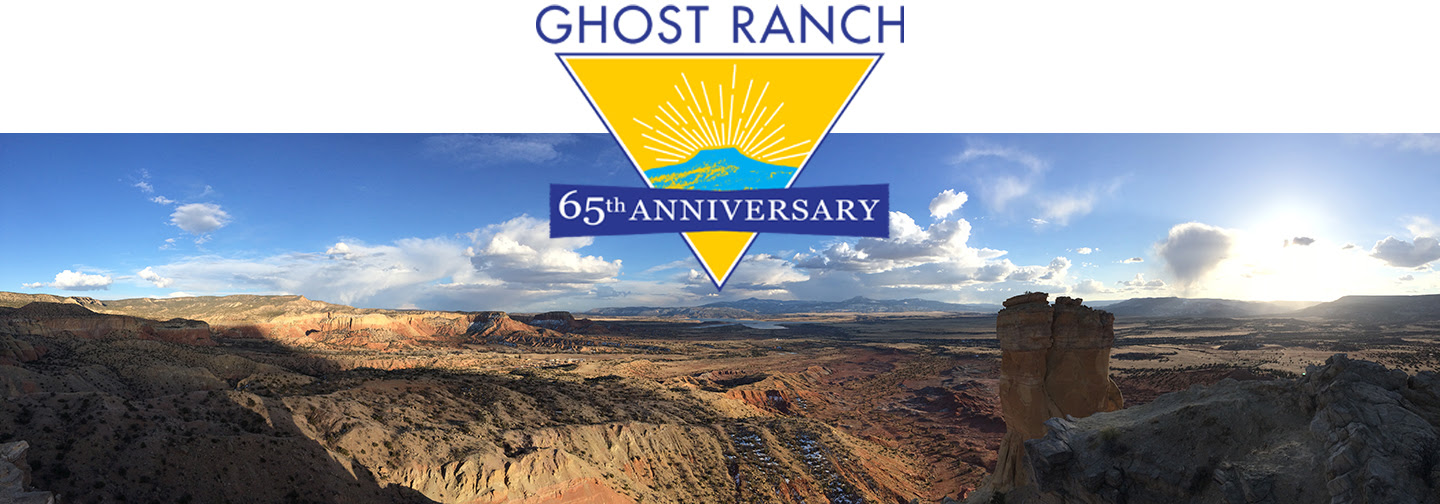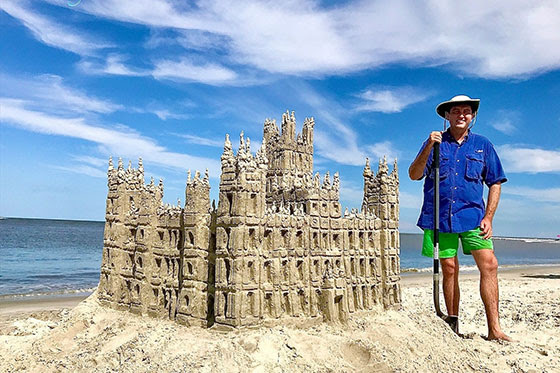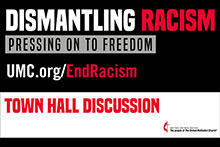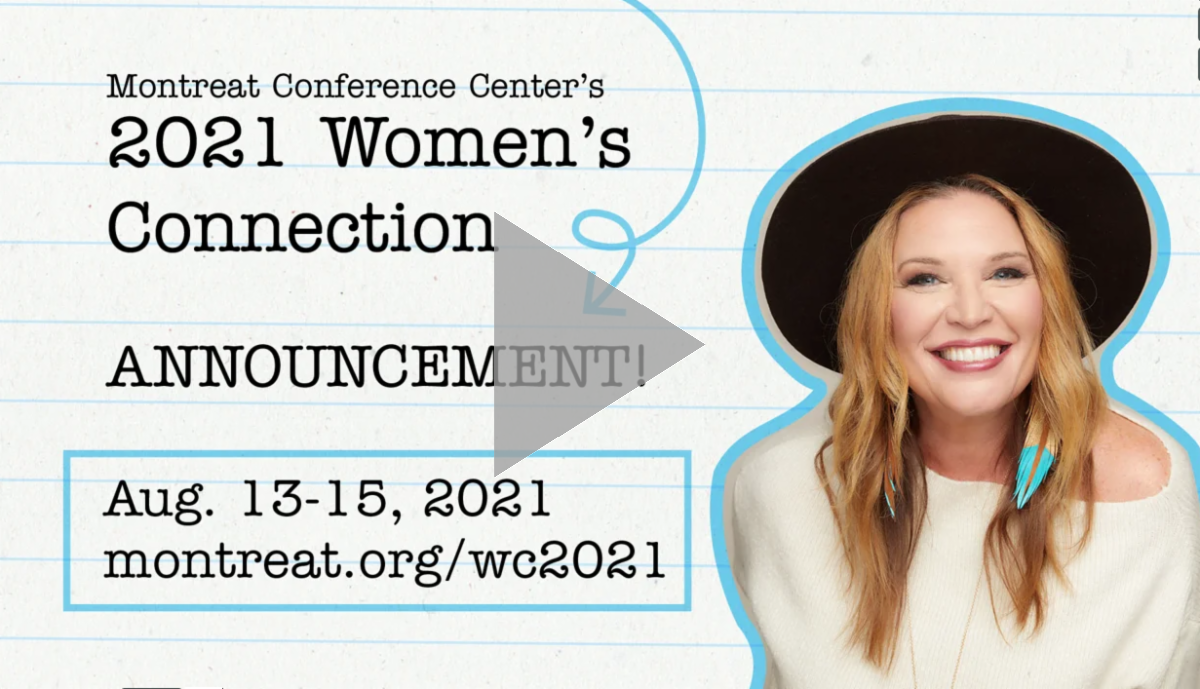The Body of Christ is made of many parts, and people experience their understanding of God in many different ways. On this blog, we'll consider the beliefs and activities of congregations, denominations and different religions.
Monday, August 31, 2020
Bringing Ghost Ranch to You
Bringing Ghost Ranch to You: We sure miss seeing your beautiful faces in person, however, that doesn’t mean that we can’t stay connected. Throughout this ...
WCRC eNews: August 2020: Calls for prayers, support, and actions
| |||||||
| |||||||
|
WCC NEWS: Ecumenical jury recognizes four films at Molodist Festival in Ukraine
 |
| “Canción sin nombre” is a true story of a young pregnant indigenous woman in Peru in the late 1980s at the height of the civil war. Promotional image. |
A prize in the international competition for full-length feature films went to “Canción sin nombre (Song without a Name)” by Melina León (Peru, Spain, USA, 2019). Leon’s monochrome drama is set in Peru in the late 1980s at the height of the civil war. It is the true story of a young pregnant indigenous woman, who is preyed upon by baby traffickers setting up transient fake maternity clinics. Assisted by a journalist from Lima in the search for her baby and justice, the film illustrates through frequent close-ups and a guitar score the worldwide suffering and struggle of mothers in hostile surroundings.
A commendation was awarded to “Kuessipan” by Miriam Verreault (Canada, 2019). Verreault’s first narrative film tells the story of Mikuan and Shaniss, two young Innu women in Uashat-Maliotenam, whose lifelong friendship is put to the test by several turns of fate. The story is about friendship, courage, family background and carving your own path.
In the International student films competition, the jury awarded its prize to “Elli” by Vivian Hartmann (Germany, 2019). The mother of an 11-year-old daughter is fully immersed in modern society’s dilemma of balancing professional ambition with a passion for music, and childcare.
In the international short film competition, the jury awarded its prize to “Bullmastiff” by Anastasiia Bukovska (Ukraine, 2020).
With a strong leading male, Bukovska tells a Ukrainian story of the timeless and universal dilemma of men returning home from war and having to carry the burden of their traumatic experiences. She also shows us a way out of the darkness of post-traumatic stress syndrome: building a loving relationship with “man’s best friend.”
More about Interfilm
WCC NEWS: Seraphim of Zimbabwe: During Season of Creation, “we give back to God everything that he has given to us”
 |
| H.E., Most Rev. Seraphim (Kykkotis) of Zimbabwe. Photo: Marcelo Schneider/ WCC, 2019. |
With a great deal of joy and enthusiasm, Seraphim of Zimbabwe kindly shared his reflections on the Season of Creation, observed annually from 1 September to 4 October. From a young child until the present, he has lived each day caring for the earth, both physically and spiritually, in large and small ways.
What is your spiritual inspiration as we approach the Season of Creation?
Seraphim of Zimbabwe: Jesus Christ and also the Orthodox leaders who, with one voice, are teaching us to take good care of God's holy earth. The Season of Creation is an important opportunity to organize in a better way our parishioners for ecological events with the participation of all the members of the community in order to organize ourselves for ecological action for the whole year.
Because Jesus Christ and the Holy Spirit are everywhere present and fill all things, this gives us a holy vision in which we recognize that the life of God exists in all things, everywhere in the world. Observant Christians for this reason have respect for all things in the creation and treat every living thing, every person, every animal, every bird, every tree and every leaf with love, care and respect. This creates a harmless way of living that any person can step into. We just have to say yes to God and do his will "on earth as it is in heaven."
What is the best way we can become involved?
Seraphim of Zimbabwe: Give thanks for all things and practice a life of respect, but also of sacrifice, asceticism, simplicity, and a general ethic of making the world a better place because we are here. My answer is to live a holy life for the extinguishing of suffering and also for the transfiguration of the entire cosmos. This means that we give back to God everything that he has given to us. When we do this as a prayer, then we feel the presence of God coming upon us. This gives us a taste of the Holy Spirit because, when we give to God, then God gives us blessings and we feel the uplifting joy that follows.
How can we then inspire others?
Seraphim of Zimbabwe: As Eastern Orthodox Christians we inspire others by living our Christian faith. This is also our most powerful way of teaching. As a principle we teach more potently by our example than by our words. Talk is easy, but action that gives thanks to God and lifts our neighbors and all those around us is harder—and much more important. Jesus tells us that if we do all of these things, then this becomes the basis for a happy and holy and joyous life.
If we want a tangible way to get started, begin with little things. Give thanks for the food that we eat. Pray for our family and friends and the whole world. Help clean up the trash that gets thrown away. Make the world a cleaner and livable place. The little things are important and should not be neglected. Before God, all things matter.
What are some of the best practices in your own church?
Seraphim of Zimbabwe: We begin with the Bible. The Bible is like a handbook that a manufacturer provides with new equipment. If a farmer buys a tractor, there is a handbook that explains how to start it and how to keep it running and in good condition. God has given us an operator's handbook with the Holy Bible. The scriptures tell us many things about the right operation of the earth and how to keep it healthy, clean and in proper operating condition. As Orthodox Christians we strive to fulfill all of the Biblical teachings.
Here are a few examples. We are to have dominion. In English this word comes from the Latin dominus, which means Lord. We are to treat the earth as our Lord Jesus Christ would treat it. This means we bless it, we love it, we take good care of it. The early Christian fathers understand this to mean we are to raise creation to its full cosmological potential. This is the ecological meaning contained in Christ's transfiguration atop Mount Tabor. For us today, following Christ, we are to be transformed so that we can participate in the transfiguration of the whole earth and the whole cosmos.
We are told to replenish the earth. This means to restore or put back what we take from the earth. This means we recycle everything. For farms this means replenishing the soil. For fisheries, this means maintaining the supply of fish by not taking too many.
We are also taught to dress and keep the earth (Genesis 2:15). These are old English words for raising up the earth while "keeping" means to prevent it from evil. This also means we prevent pollution or the degradation of what God has created. We are to become vigilant so that pollution, corruption and spoiling of the earth does not happen. This is not just for the earth, but it equally applies to human relationships and our social interactions.
How did you first learn to care for the earth?
Seraphim of Zimbabwe: In one way or another, we all eventually learn that Christianity requires us to become ecologists. There was no time that the church was not ecological. Personally, since I was in primary school, we developed small gardens of vegetables. Later, at the age of 12, I left my family to join the monastery life and, for four years, I was involved in agriculture and then, at the age of 16, joined the secondary school and participated in our ecological club. Later as a student I was a member of the board of the Orthodox World Federation “Syndesmos,” organizing some seminars for youth on ecology.
In Nairobi, 23 years ago when I was a young bishop, there we worked together with the United Nations Environment Programme to organize seminars on mission and the environment. Later, in Johannesburg during the Sustainability Conference in 2002, after my participation with the Anglican Bishop Jeff Davis, we invited the late Prof. Mathai Wuangari for the initiative of the Southern Africa Faith Communities Environmental Institute. I was one of the founding board members. During the last several years, I have represented my church at the UN climate change conferences. I worked with the members of our Holy Synod to prepare a seven-year plan of action on ecology for my Patriarchate.
Today we realize that the best ecologists are the saints. They often tame wild animals, bring healing to people and the earth, and teach a gentle, kind and loving way toward all things.
* Susan Kim is a freelance journalist based in the US
"Season of Creation 2020 Celebration Guide, 'Jubilee for the Earth,' now available" - WCC news release (28 May 2020)
Have you heard of ‘The Georgia Sandman?’
|
|
|
|
Sunday, August 30, 2020
Today in the Mission Yearbook - Creative giving catches on during coronavirus pandemic
Today in the Mission Yearbook - Creative giving catches on during coronavirus pandemic: Some Presbyterians are giving for the whole year to shore up their church’s finances August 30, 2020 St. John Presbyterian Church, 1...
Saturday, August 29, 2020
Announcement from Jen Hatmaker for Women's Connection 2021
| ||||||||||||||||||||||||||||||||||||||||||||||||||||||||||||||||||||||||||
|
Subscribe to:
Comments (Atom)






















